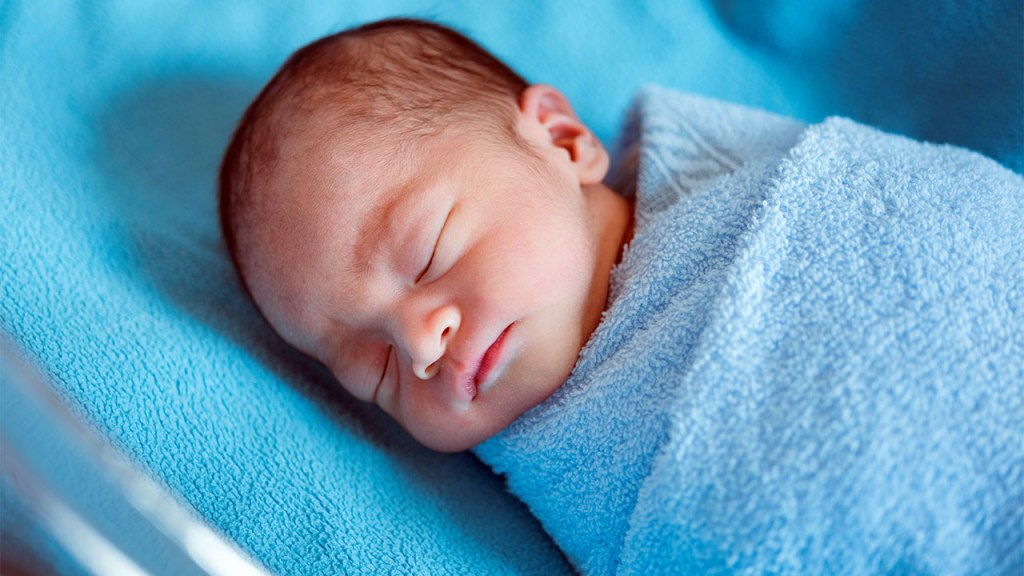The period from a child’s birth until 2 years of age is called the infancy period. During this time, a child shows rapid growth and change. At the same time, the child’s system is vulnerable, hence you need to take meticulous care of your child at this time. The care provided at this time is called infant baby care. Infant care generally includes feeding, sleeping, changing diapers, taking care of hygiene, etc. It should be noted here that baby circumcision after care child care also involves medical science. Things like taking care of the child during any medical condition can not be left to intuition or guesswork. Hence, you should consult your doctor or any other medical expert about the things that you must keep in mind while taking care of your child.

Well, take heart. Lots of parents have been there, struggling to know how to care for their baby in those exciting but often challenging first weeks. If you’re a new parent, keep reading our newborn baby care guide for advice on handling visitors, choosing clothing, navigating car seat safety, maintaining a feeding schedule, settling into a sleep routine, handling fevers, and more.
Essential newborn care includes:
Immediate care at birth (delayed cord clamping, thorough drying, assessment of breathing, skin-to-skin contact, early initiation of breastfeeding)
- Thermal care
- Resuscitation when needed
- Support for breast milk feeding
- Nurturing care
- Infection prevention
- Assessment of health problems
- Recognition and response to danger signs
- Timely and safe referral when needed
How Do I Handle My Baby?
If you haven’t spent a lot of time around newborns, they may seem very fragile. Here are a few basics to remember:
Wash your hands (or use a hand sanitizer) before handling your baby. Newborns don’t have a strong immune system yet, so they’re at risk for infections. Make sure that everyone who handles your baby has clean hands.
Never shake your baby, whether in play or in frustration. Shaking can cause bleeding in the brain and sometimes death. If you need to wake your baby, don’t do it by shaking. Instead, tickle your baby’s feet or blow gently on a cheek.
How Do I Diaper My Baby?
Whether you use cloth or disposable diapers, your little one will dirty them about 10 times a day, which is about 70 times a week. When diapering your baby:
Have all the supplies you need within reach.
Wipe your baby front to back gently using water, cotton balls, and a washcloth or wipes.
Apply diaper cream if needed to treat diaper rash.
Wash your hands after changing the diaper.
Formula Feeding
Since the Food and Drug Administration (FDA) regulates formulas to ensure they’re safe and contain the most essential nutrients, most commercial formulas are essentially the same. Ask a pediatrician if they recommend a formula with added iron, DHA, or other nutrients for your baby. Your choice of powder, liquid, or concentrate primarily boils down to issues of cost and convenience.
Put your newborn to sleep on her back without toys, blankets or loose bedding nearby. Newborns usually sleep 16 to 17 hours per day. Consider doing a bedtime routine every evening.
Sponge bathe your baby every day where he is dirty — typically around the mouth, neck and diaper area. Newborns only need full sink- or tub-baths once or twice a week; bathing more often can lead to dry skin.
How much do newborn babies sleep?
A newborn’s schedule can feel unpredictable. Newborns will sleep an average of eight to nine hours in the daytime. They may sleep up to another eight hours total at night. But this won’t usually be for the same stretch of time.
Newborns also have very small stomachs. They’ll need to get up about every three hours to eat until around 3 months of age. Once they’re a little older, they’ll be able to go longer between feedings.
Baby Massage
Research has shown that massage can relax babies, improve their sleep patterns and calm them when they are irritable. A baby massage is also a great way to bond with your baby, and it’s easy to do.
Bathing and Hygiene
Keep your newborn clean and comfortable by bathing her two to three times a week. Initially, use a soft washcloth, warm water and mild baby soap to avoid aggravating her tender skin. To maintain good hygiene clean her face regularly, wipe her gums with a soft cloth – and change her diaper frequently. Vernix, the white sticky substance that covers your baby’s skin while in the sexual transmission disease symptoms womb, should always be left on the skin. It’s a natural moisturiser that also protects against infection in the first few days.
It’s best to bath your baby with plain water only for at least the first month. Do not add cleansers to your baby’s bath water or use skin lotions or medicated wipes.
“Every baby is different. And, again, normal for babies happens on a range,” Dr. Garcia said.